Verbal irony and verbal sarcasm have always been used interchangeably and out of context, but there’s a clear distinction between these figurative devices, they’re mutually exclusive. There are many forms of irony, such as; dramatic, situational, verbal and socratic irony etc…, but let’s specifically dismantle verbal irony and sarcasm. Verbal irony is objectively innocuous, whereas verbal sarcasm is subjectively disparaging. Ironically, verbal irony can be subjectively innocuous, and verbal sarcasm can also be indirectly objective in its disparagement.
(Verbal Irony Example) Family planning a picnic, but a Thunderstorm ruins the moment, the Father looks out the window and utters, “Well nows a beautiful day to go out!” Verbal irony is objective and contingent on inorganic objects or things rather than organic targets; however, verbal irony can also be subjectively organic and benevolent in contrast, using metaphors, similes or other aesthetic devices in a sarcastically appealing way.
(Verbal Sarcasm Example) Homeless man walks into the Coffee-shop, customer utters to the man, “Well you smell great!” That’s verbal sarcasm, because the interpretation is contingent on the disparagement of a target. What creates the indirect verbal sarcasm is if the customer utters, “Well something smells great in here! or, “The Coffee-shop smells great,” the sarcasm is said objectively, but it’s an indirect attempt to belittle the target, using sharp direct or indirect undertones. Then there’s physical sarcasm, where the verbal sarcasm is conveyed through the form of physical orchestration. (Another subject)
Both figurative devices can be used subjectively or objectively, and the former and latter may apply to organic or inorganic objects. What creates the mutual exclusion is the contrast in interpretations, both end results are polarized; the benevolent verbal irony vs the lambasted verbal sarcasm. Then you have the “hybrid-devices,” the juxtaposition of different elements such as “condescending-sarcasm.”
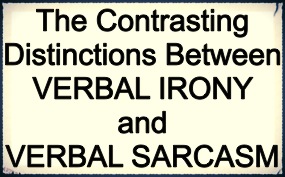
Here’s what’s interesting about condescending-sarcasm, it’s the lowest form of wit, because the humor, remark or indirect ridicule is contingent on the disparagement of a victim, it’s not self-reliant or independent in nature. Here’s the interesting irony; taking into consideration a social-settings ability to interpret the non-literal aspect of language is dependent on a high level of wit.
A peculiar scenario indeed, one I can correlate to the exploration of ambiguity in language to evoke humor, using puns, double entendre, lexical and syntactic ambiguity and other sorts of homonym, homophones, homographs, heteronym, heterograph, capitonym and polysemy. Ironically these form of predictable ambiguity are treated as lowbrow and not intellectually appealing. It appears as if human cognition loses interest in the obvious, and the uncertainty and element of surprise suffices an unanticipated laughter. This is specifically in reference to condescending-sarcasm being used as a humor device.
Some say sarcasm is a deleterious form of irony, or irony could be the benignity of sarcasm; I guess it’s relative with respect to which angle you look at it. There’s no dominant or subordinate to determine which contrasting meaning is the authority in predicating the other. Facetious is another device synonymous to sarcasm and irony, using flippant humor or remark about serious issues. What’s interesting about all these devices are their antonymous interpretations. As long as you know what the contrasting meanings are conducive to it removes the conundrum.
Other kinds of aesthetic devices I’d like to explore is simile, analogy, metonymy and metaphors; finding commonalities between two different forms of existence, whether anecdotal, inferential, empirical or arbitrary. The objective is to explore the connections and differentiating factors between metaphors and analogies. I’ve written numerous papers on difference forms of applicable metaphors; such as, logical metaphors, propagating metaphors and arbitrary metaphors.
“Metaphors We Live By” by George Lakoff and Mark Johnson, is a magnificent book written on the engrained aspect of metaphors in our everyday function, not just as a poetic tool to enhance imagination or to bring rhetoric to fruition, but an extraordinary peculiar use of metaphors as an actual intellectual tool of action. Although it’s a fascinating read, I felt like it only scraped the surface of the multifaceted arrays of a metaphors potentiality.
Here’s a YouTube video I made explaining Dramatic, Situational, Verbal and Socratic Irony, also different forms of sarcasm.
Dramatic, Situational, Verbal and Socratic Irony; also Sarcasm
 Atelston Fitzgerald Holder 1st, Writer, Journalist & Lecturer Please Visit Official Website www.mrpregnant.com Appeared on over 20 different Cable & TV Networks.
Atelston Fitzgerald Holder 1st, Writer, Journalist & Lecturer Please Visit Official Website www.mrpregnant.com Appeared on over 20 different Cable & TV Networks.
Connect with him on Facebook mrpregnant Twitter mrpregnant and Linkedin mrpregnant



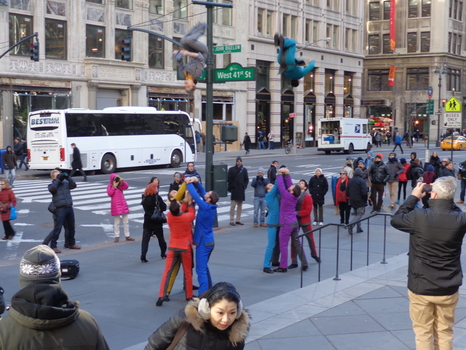

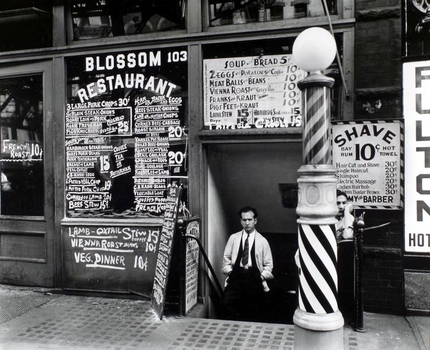



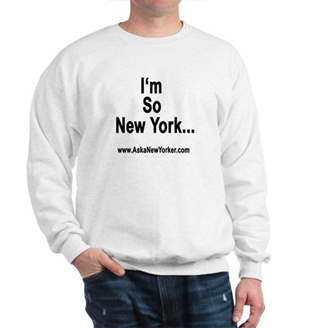
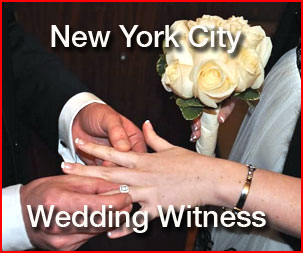
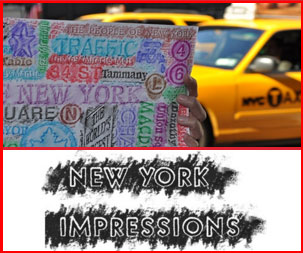
Atelston Fitzgerald Holder 1st
Inferring sarcasm as an unpleasant form of irony is an interesting notion, but the contrast in expectation or anticipation gives them mutually exclusive characteristics. Synonymous to metaphor and metonymy or hyperbole. Infact; hyperbolic-metaphor is the juxtaposition of both devices syntactically. The inevitable conflation does not erode their contrasting distinctions.